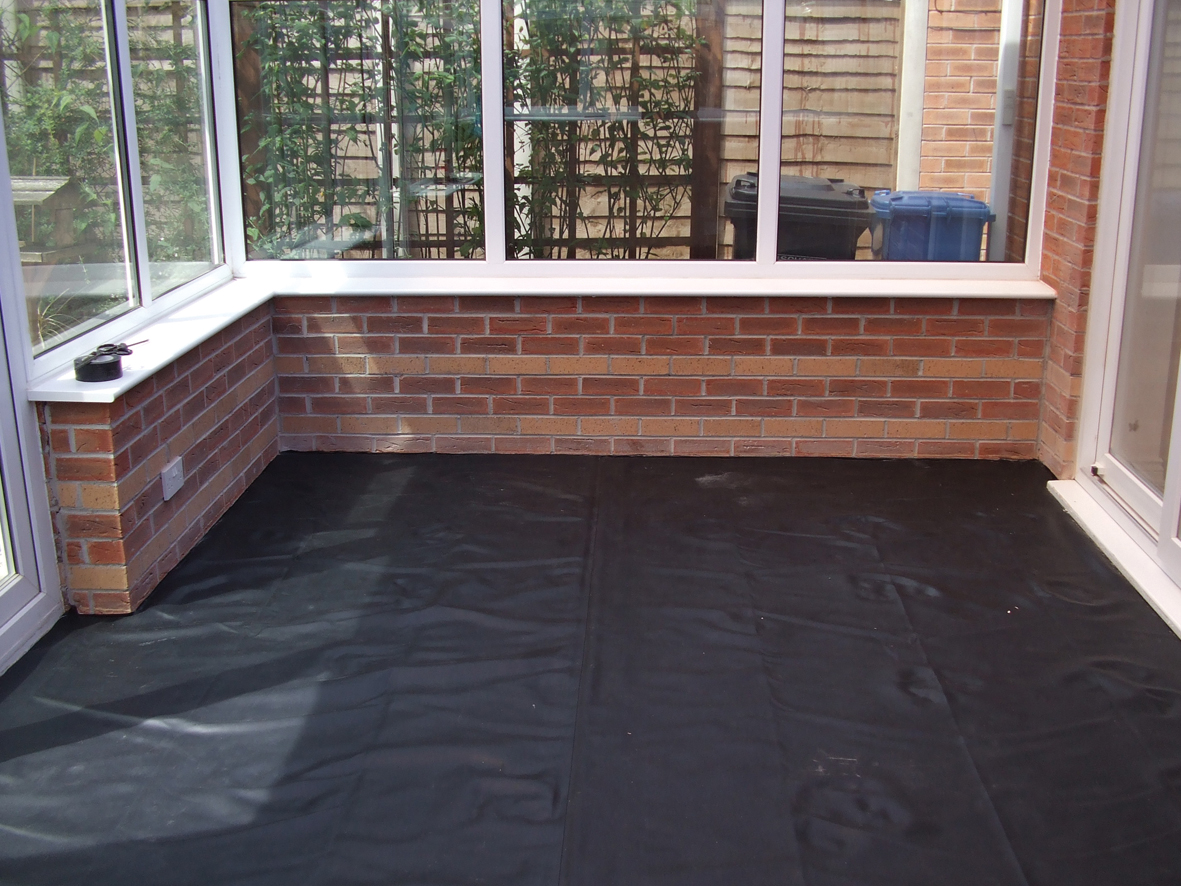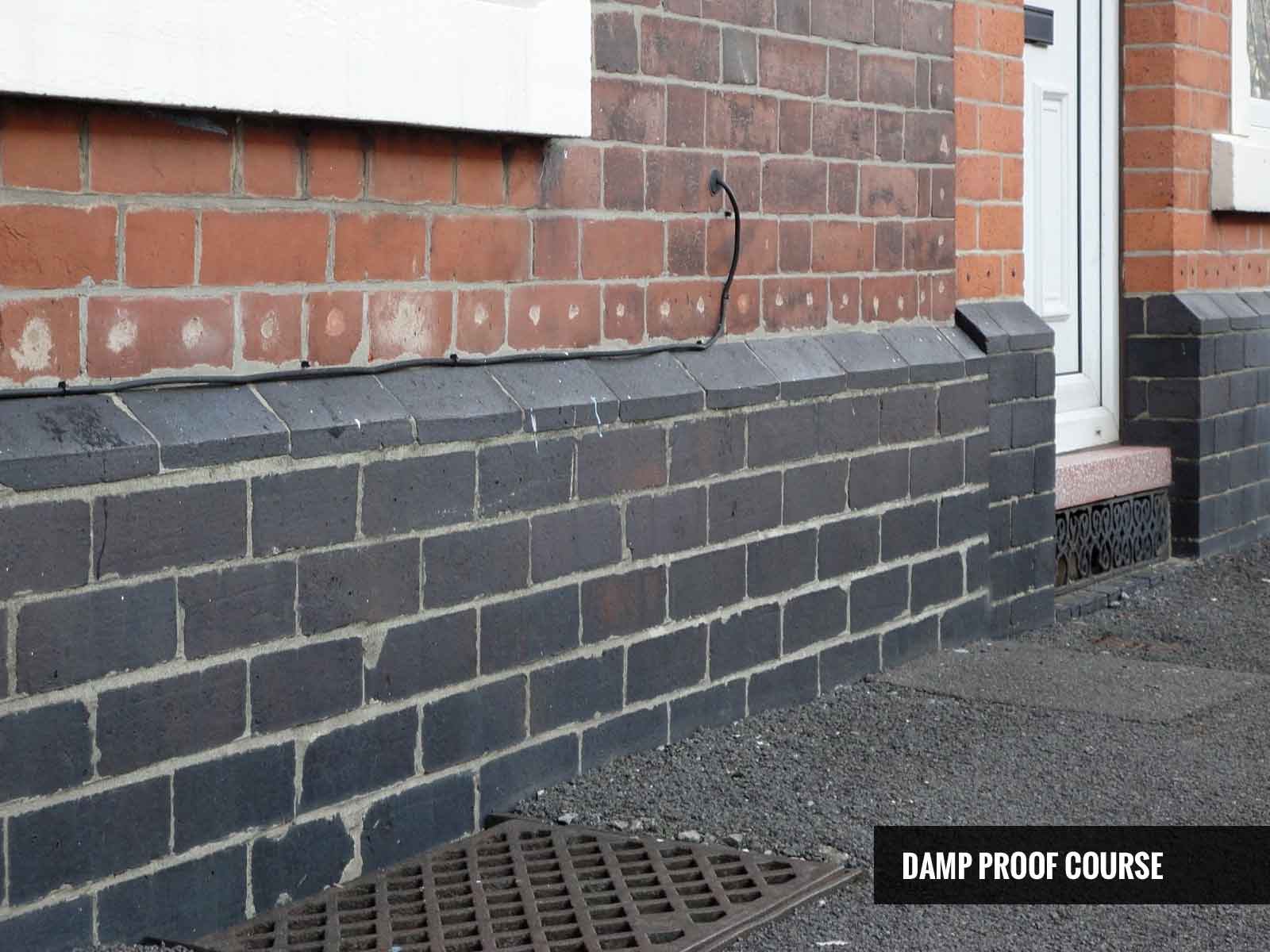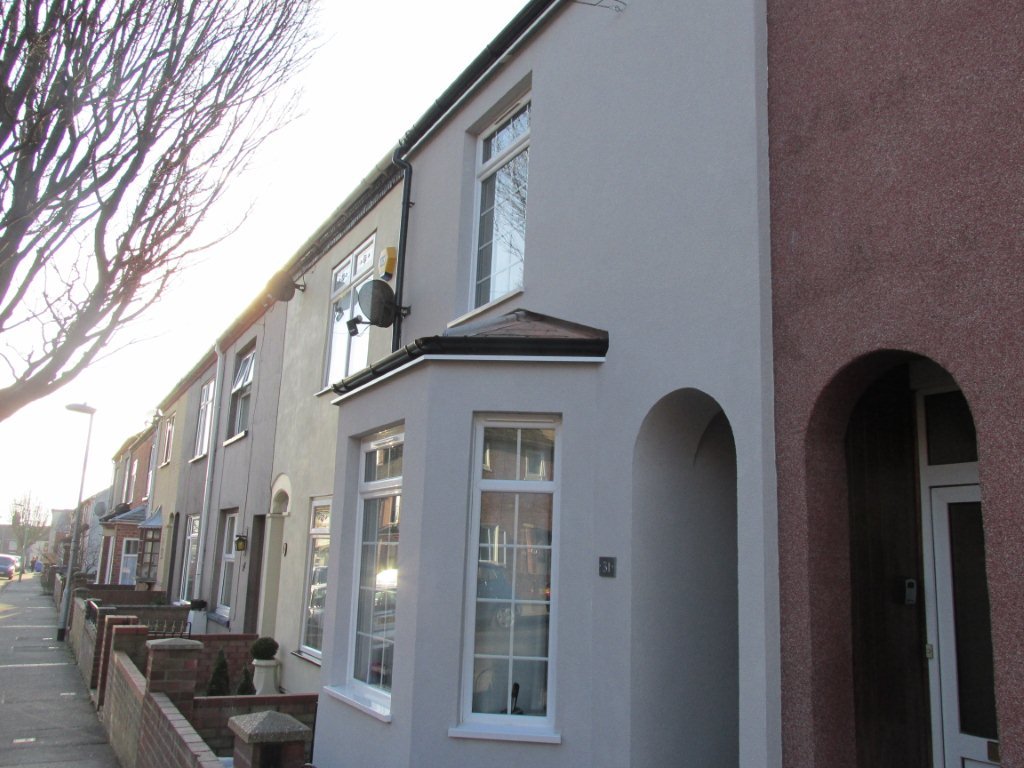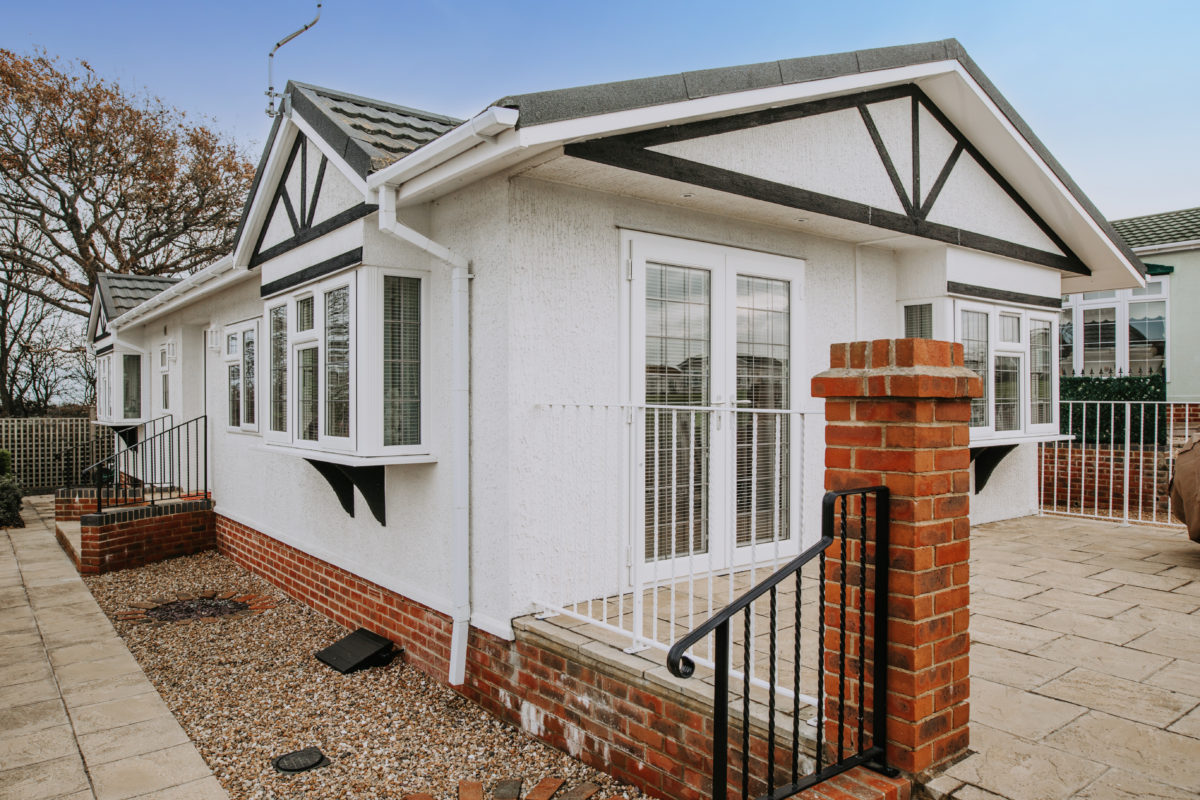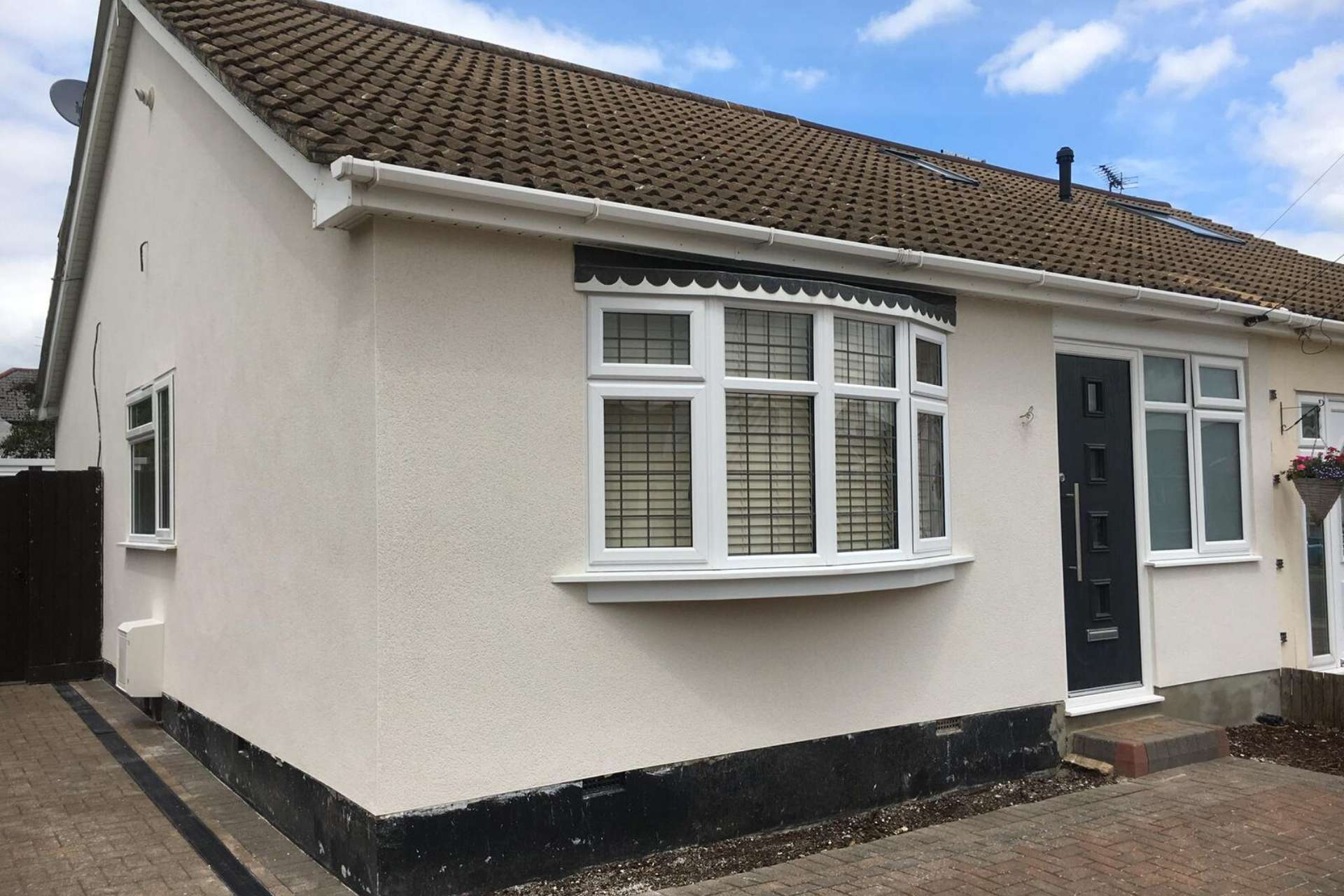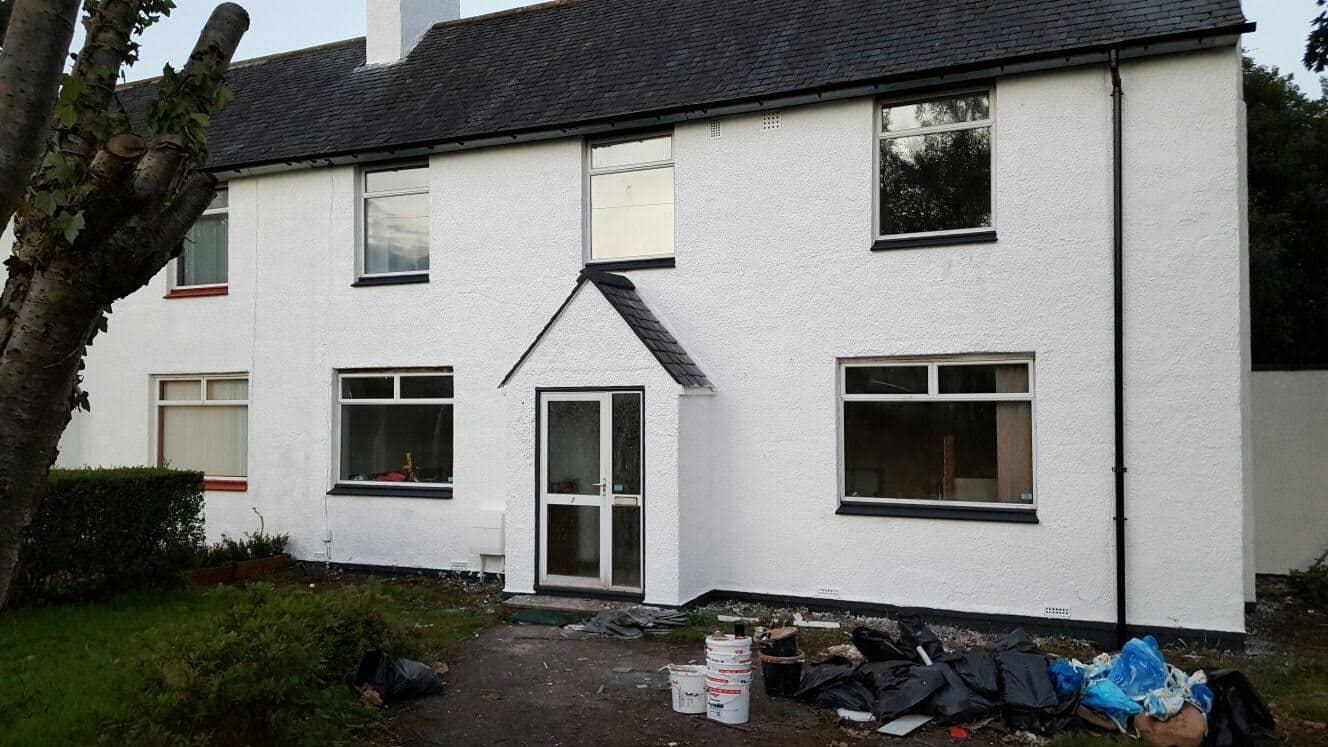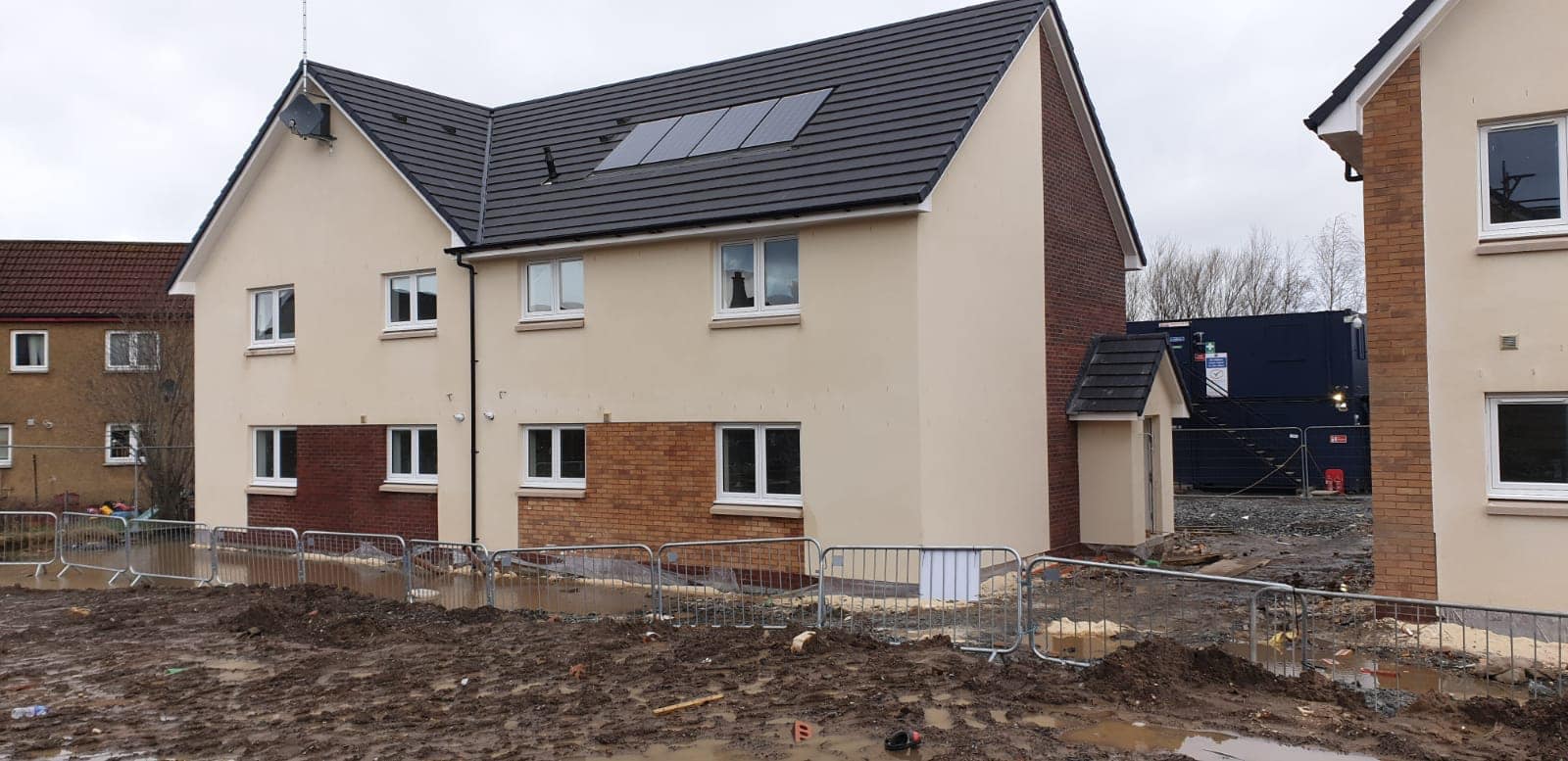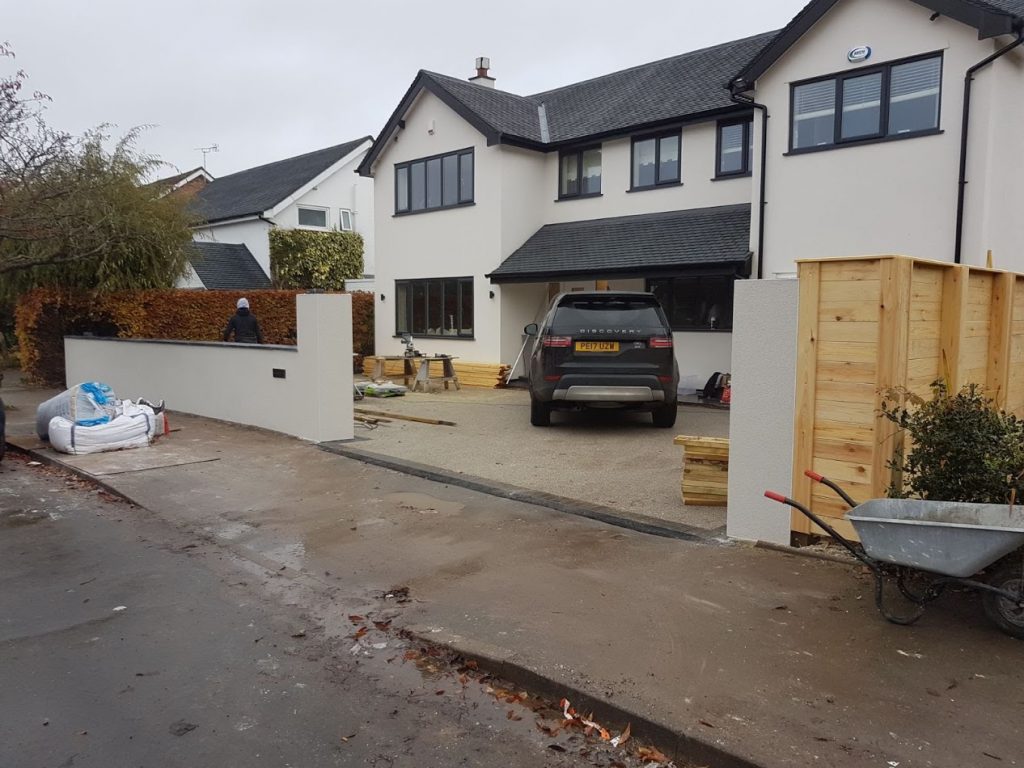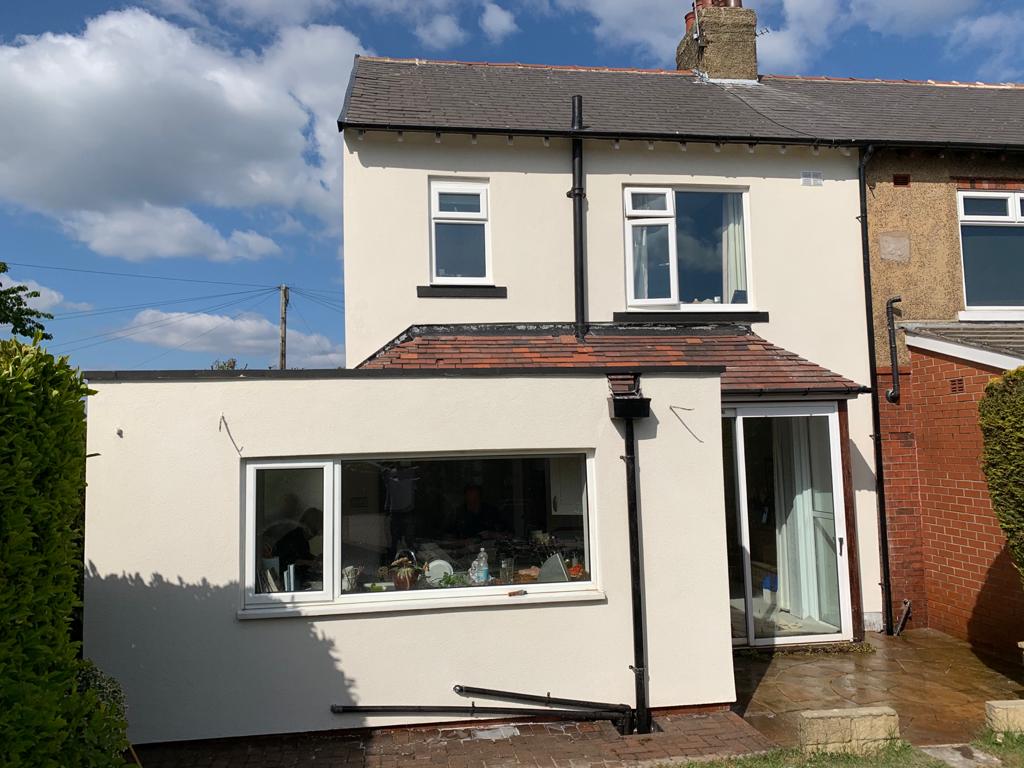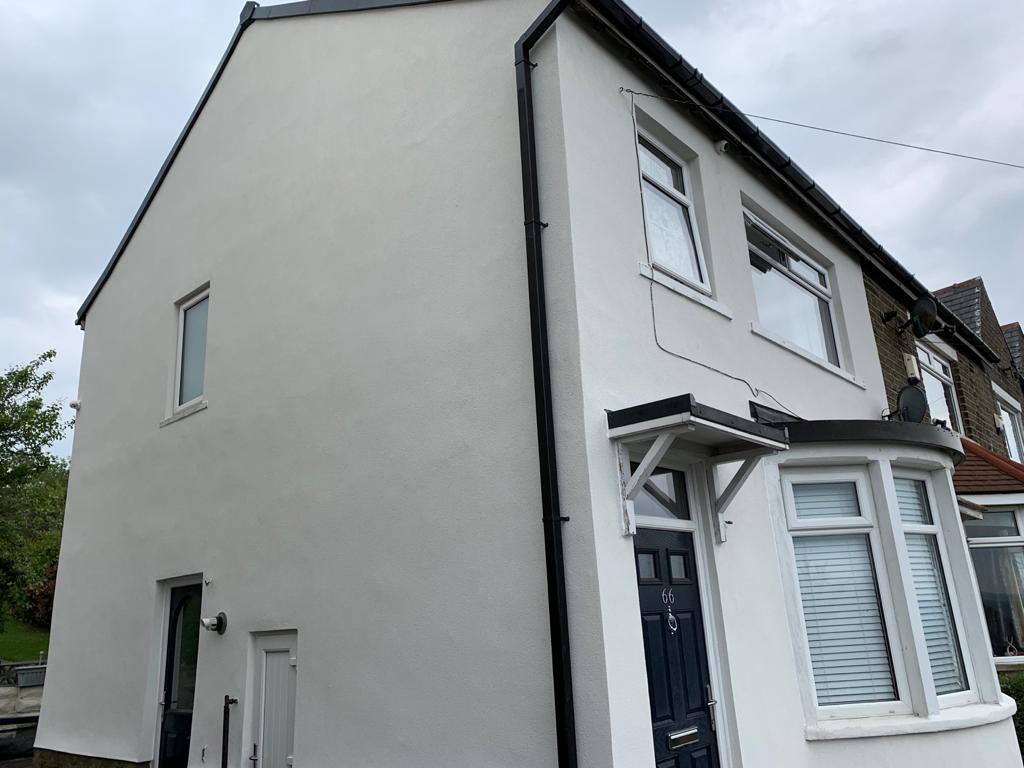Damp Proofing in Cornwall
Our members offer a full range of damp proofing services in Cornwall and due to the nature of damp it can access any building and in a wide variety of ways. Some of the most common forms of damp problems are rising damp, salt damp, lateral penetrating damp, penetrating damp, and blocked cavity walls each cause needs to be treated accordingly.
There are a number of ways that damp proofing in Cornwall can be carried out but the following methods are the most common treatment required which may include a combination of methods.
- Installation of a chemical injected damp proof course together with associated re-plastering
- A structural waterproofing system incorporating a damp proof membrane and possible sump pump.
- The use of conventional cementitious tanking system.
Rising and Penetrating Damp Treatments in Cornwall
What is rising damp?
A damp-proof course, also known as a DPC, is a barrier which stops this happening. The DPC originally came in many forms, including slate and bitumen. More modern new build homes tend to have a plastic DPC. Depending on the age of your property, a damp proof course may not have existed.
Rising damp in Cornwall has infamous visual characterises, it tends to be a solid band of water from the ground level up, this can create a wave or tidal mark which typically stain on the internal plaster or décor. As the moisture rises further, the water evaporates bringing the salts to the surface. Delaminating décor or blistering paint can also be another indicator.
What is penetrating damp?
ENERGY SAVING SOLUTIONS
Penetrating damp is the result of water successfully penetrating from the outside of the building into your property, Penetrating damp can occur over various sections of your property including roofs and ceilings. Penetrating damp can affect a property of any age in Cornwall. Older properties that have been lacking in maintenance over the years are more at risk due to deterioration of building materials. Modern buildings can also suffer due to poor design or flawed workmanship.
Damp patches in the form of circular spotting or blotches can be a sign that the outer wall coatings have failed, allowing moisture to transfer from the external to the internal wall. These patches will continue to worsen as water enters the building. This can often lead to more serious issues such as dry or wet rots which can compromise the buildings structural integrity if this issue is not rectified. Cavity wall insulation within the two leaf of brickwork can be a contributing factor to the absorption of water to the internal wall as it acts like a sponge. Externally, you are likely to see darkening or green algae or organic growth on the outer render or brickwork.
What are the causes of rising and penetrating damp in Cornwall?
LEADING RENDERING SPECIALISTS
The moisture is found within the ground. It can be surface water that has been absorbed into the substrate, or ground water depending on your foundations of your home. This moisture contains mineral salts and after a period of time these salts accumulate into the wall. The salts’ highest concentration or the salt band as its commonly known, will crystallise on the surface upon reaching the highest rise level. This will then make them visible to the eye. These are known as sulphates. Chlorides and nitrates are another form of salt contamination known as hydroscopic salts. These are a bit more confusing as they attract moisture from the surrounding atmosphere but ultimately can be dealt with in a similar manner.
Penetrating damp in Cornwall can be caused by a multitude of things. Poor coatings or mortar beds on your outer brick work, faulty rain water goods, slipped tiles or slate, faulty windows or doors can all be contributing factors of penetrating damp. Wall ties within the wall cavity can also allow dampness to bridge the cavity from the outer leaf of brickwork to the internal plastered surface.
How IS IT FIXED?
ENERGY SAVING SOLUTIONS
Some forms of dampness can be prevented. Keeping on top of maintenance and regular inspections of your property – particularly after stormy weather, allows you to identify potential issues and make the relevant repairs before they advance to bigger issues.
Our members know what we are dealing with and will build a specification that suits your needs to rectify the issue.
Typically in rising damp, there is a standard specification within the industry we follow however this can differ from job to job due to the construction or layout. In general, most require us to strip the wall fabrics internally up 1-1.2m from ground level up and insert a new chemical damp proof course.
Physical DPC’s are a thing of the past, as there are more advantages of chemical DPC than the insertion of physical ones. The time to install physical DPCs can be very costly, there can also be settlement and party wall issues.
Contact Cornwall Plastering and Rendering
Each damp proofing project in Cornwall really is different from the previous one so you only way to correctly identify where the damp is coming from is to book a free survey where one of our approved panel of members will assess your damp project accordingly.
So book a free damp survey on your property today to diagnose your damp problem to find the best solution, prevention and treatment.



